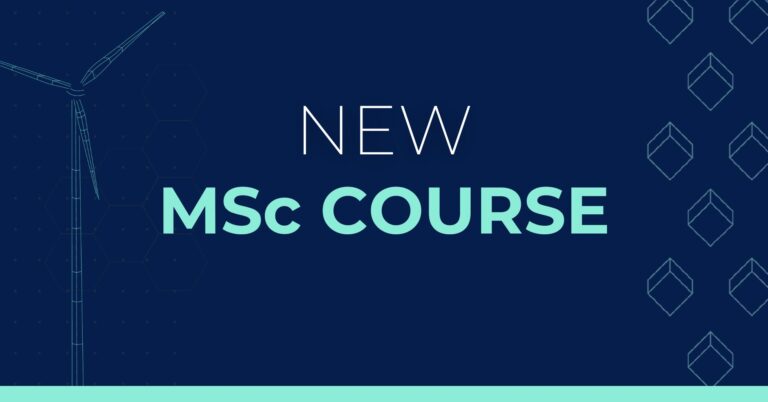DIGIWIND CAMPUS
LEARNING TRAJECTORIES

Masters of Science programes
M.Sc. programmes (120 ECTS) typically attract students who study full-time over a 2-year period.
Prerequisite:
B.Sc. degree in a field relevant for the M.Sc. studies. Typically, students enrolled in graduate programmes in wind and energy systems have a background in Mechanical Eng., Electrical Eng., Civil Eng., or another engineering discipline.
Upon completion of the M.Sc. programme, students are awarded a M.Sc. degree.
Self-paced Online Masters degrees
Prerequisite:
Relevant B.Sc. degree and at least two years of relevant work experience, which justifies the shorter duration of the master programmes (equivalent to one year of full-time studies but typically distributed over a longer period).
Upon completion of individual master’s courses, participants receive a certificate of participation.


Lifelong Learning Modules
Prerequisite:
The requirements for entry are typically lower than for M.Sc. and master programmes such that a broader audience can benefit from the courses.
Upon completion of self-standing LLL modules, participants will receive a certificate of completion, or they may be awarded several micro-credits.

